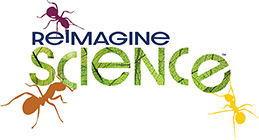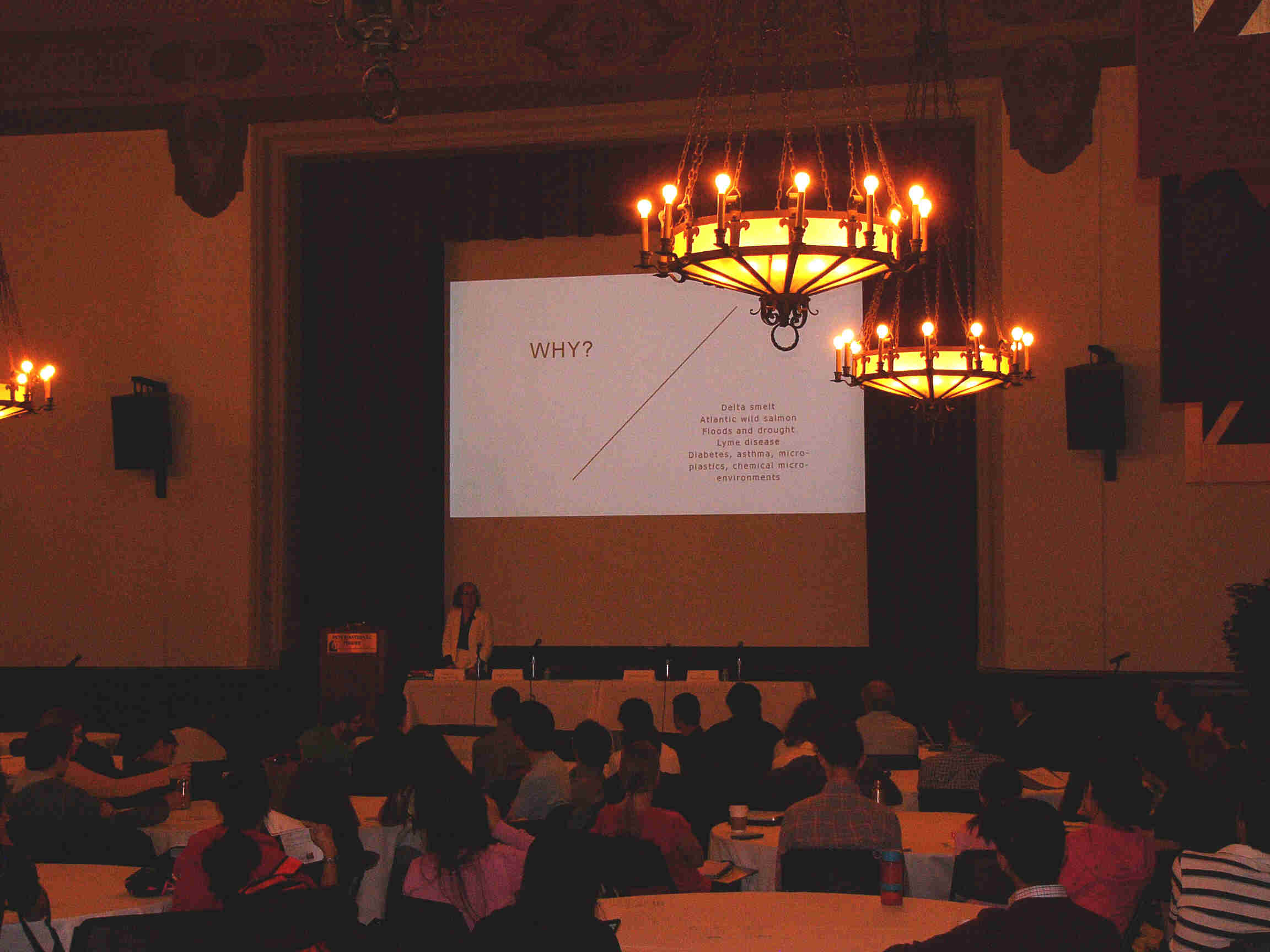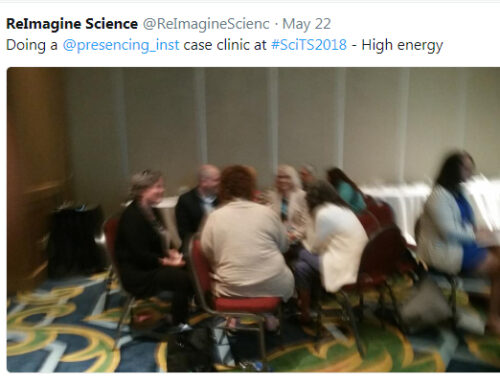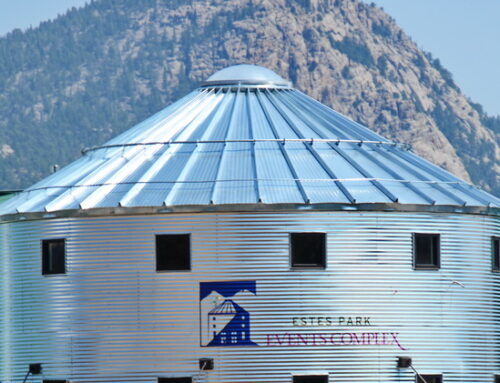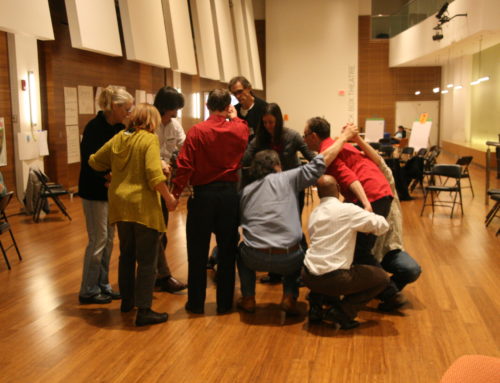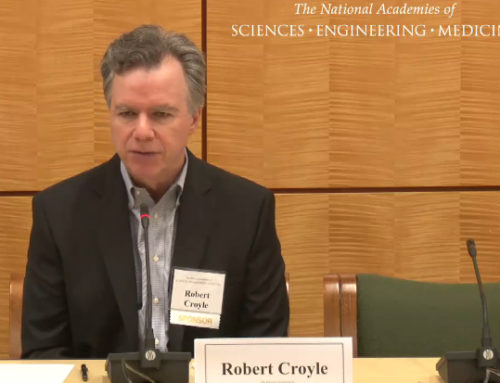The Art of Collaboration from Kennan Salinero
As executive director of ReImagine Science, I was honored to be selected for the keynote at UCBerkeley’s recent Career Colloquium.
The September 1st event focused on emergent trends of collaboration. Collaboration is a desired attribute featured in approximately 80% of current job posts for PhD scientists, according to panelist Andrew Green, a career coach at UCBerkeley.
The rub is that the world of academic science has been built around a model that relies on ‘individual name-branding.’ Young scientists can’t afford to collaborate, it seems, if they want to rise to the top and get individual credit for their efforts, and the resulting publication record that will affect their job attainment.
At least that is the mind-set. So the question is, what does this do for the ability of science to have a positive impact on the planet, and our ability to address complex, ‘wicked’ problems?
Preparing my talk on the ‘Art of Collaboration’ prompted me to dig deeply into my own beliefs and emerging ideas. Here I was in the heart of hyper-competitive Berkeley, where post-docs will have the highest chance of obtaining both academicand private sector jobs after they put in their time.
But would they know how to collaborate? And can we really make a dent in complex global issues that involve ecosystems, complexity, and science without having a true paradigm shift regarding the limitations of the individual, lone scientist?
I learned I am not inspired by the American Heritage Dictionary’s definition for the word ‘collaborate’:
1.To work together, especially in a joint intellectual effort.
2.To cooperate treasonably, as with an enemy occupation force in one’s country.
Instead, I considered the root word’s indication of a relationship with the word ‘elaborate,’ which I like much more:
1.Planned or executed with painstaking attention to numerous parts or details
2.Intricate and rich in detail
What if we collaborate in a way that allows each of the individuals on a team to bring the best of our capabilities, knowledge, and training (intricate, and rich in detail), woven together to address a complex, challenging problem, in an aspirational way.
So I created my own word – co-elaborate, which I define as:
To work collectively and cooperatively
in a team
for higher purpose
Indeed, what if?
